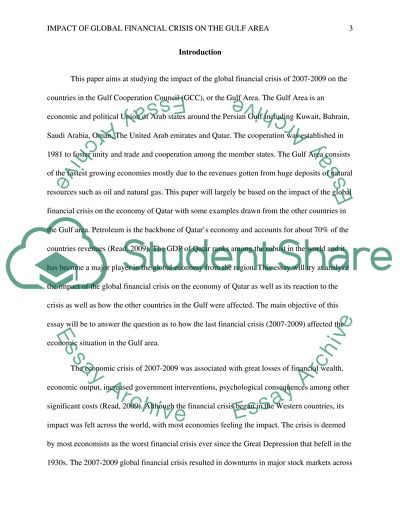Cite this document
(“The last financial crisis 2007-2009 Research Paper”, n.d.)
The last financial crisis 2007-2009 Research Paper. Retrieved from https://studentshare.org/finance-accounting/1498086-the-last-financial-crisis
The last financial crisis 2007-2009 Research Paper. Retrieved from https://studentshare.org/finance-accounting/1498086-the-last-financial-crisis
(The Last Financial Crisis 2007-2009 Research Paper)
The Last Financial Crisis 2007-2009 Research Paper. https://studentshare.org/finance-accounting/1498086-the-last-financial-crisis.
The Last Financial Crisis 2007-2009 Research Paper. https://studentshare.org/finance-accounting/1498086-the-last-financial-crisis.
“The Last Financial Crisis 2007-2009 Research Paper”, n.d. https://studentshare.org/finance-accounting/1498086-the-last-financial-crisis.


